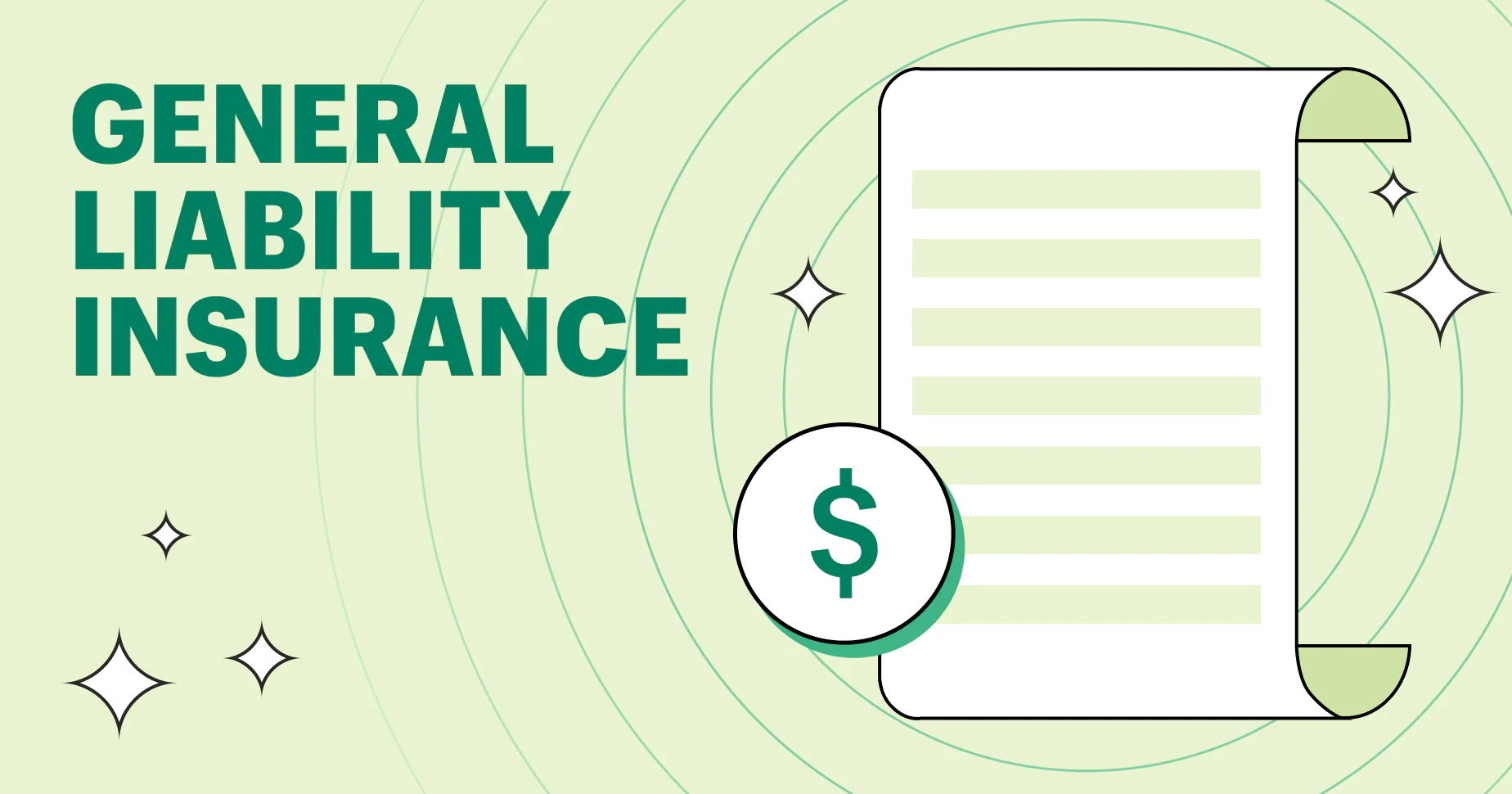Introduction to Property Insurance
Property insurance is a vital safeguard that protects individuals and businesses from financial losses due to damage or loss of physical assets. Understanding its importance and coverage options is crucial for every property owner.
1. What is Property Insurance?
Definition and Purpose
Property insurance provides financial compensation for damages or losses to physical property caused by covered perils such as fire, theft, vandalism, and natural disasters. It ensures that property owners can recover swiftly without bearing the full financial burden.
2. Types of Property Covered
Comprehensive Protection
Property insurance typically covers:
- Buildings: Including offices, warehouses, and retail spaces.
- Contents: Equipment, inventory, furniture, and fixtures.
- External Structures: Fences, signage, and landscaping.
- Business Interruption: Loss of income due to property damage preventing normal operations.
3. Importance for Homeowners
Securing Your Home
For homeowners, property insurance is essential as it protects one of the most significant investments—your home. It covers repair or replacement costs in case of damage from events like fire, storms, or theft, providing peace of mind.
4. Coverage Options
Tailoring Insurance Needs
- Basic Form Policy: Covers common perils like fire, lightning, windstorm, and vandalism.
- Broad Form Policy: Extends coverage to additional perils such as water damage or roof collapse due to snow.
- Special Form Policy: All-risk coverage unless specifically excluded, offering broad protection against a wide range of risks.
5. Business Property Insurance
Protecting Business Assets
For businesses, property insurance is crucial to protect physical assets critical to operations. It covers equipment, inventory, and physical structures, ensuring continuity in the event of damage or loss.
6. Factors Influencing Premiums
Cost Considerations
Premiums for property insurance depend on factors such as property location, age, construction materials, and coverage limits. Mitigating risks through safety measures can help lower premiums.
7. Additional Coverages
Enhancing Protection
- Flood Insurance: Often a separate policy, crucial for properties in flood-prone areas.
- Earthquake Insurance: Essential for regions susceptible to seismic activity.
- Business Interruption Insurance: Covers lost income and expenses during the restoration period after property damage.
8. Understanding Exclusions
Limitations in Coverage
Property insurance typically excludes:
- Acts of War: Damage caused by war or acts of terrorism.
- Neglect or Wear and Tear: Damage resulting from lack of maintenance or aging.
- Intentional Damage: Damage caused intentionally by the property owner.
9. Choosing the Right Policy
Making Informed Decisions
Property owners should assess their specific risks and choose a policy that offers adequate coverage for their needs. Reviewing policy details and exclusions is essential to avoid gaps in coverage.
10. Conclusion
Property insurance plays a critical role in protecting both personal and business assets from unforeseen circumstances that could lead to significant financial losses. By securing the right coverage, property owners can mitigate risks and ensure financial resilience.
FAQs About Property Insurance
- Is property insurance required by law?
- What should I do if my property suffers damage?
- Can property insurance cover belongings stolen from my car?
- Are there any discounts available for property insurance premiums?
- Does property insurance cover damage caused by natural disasters?



